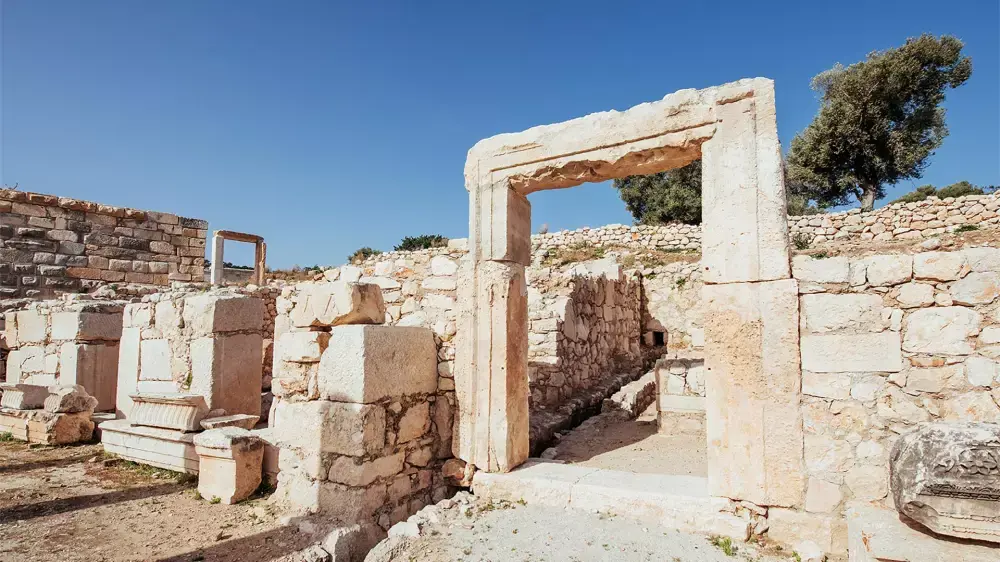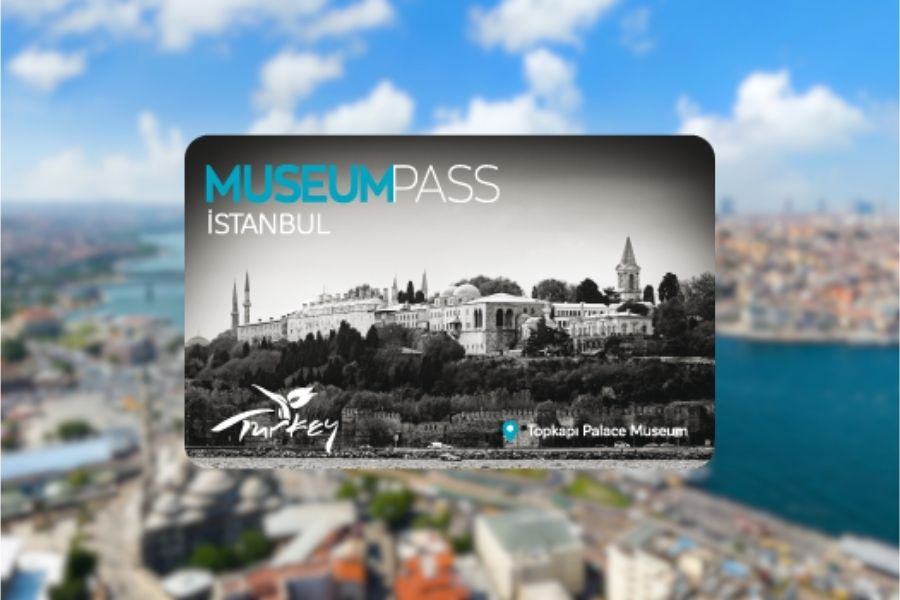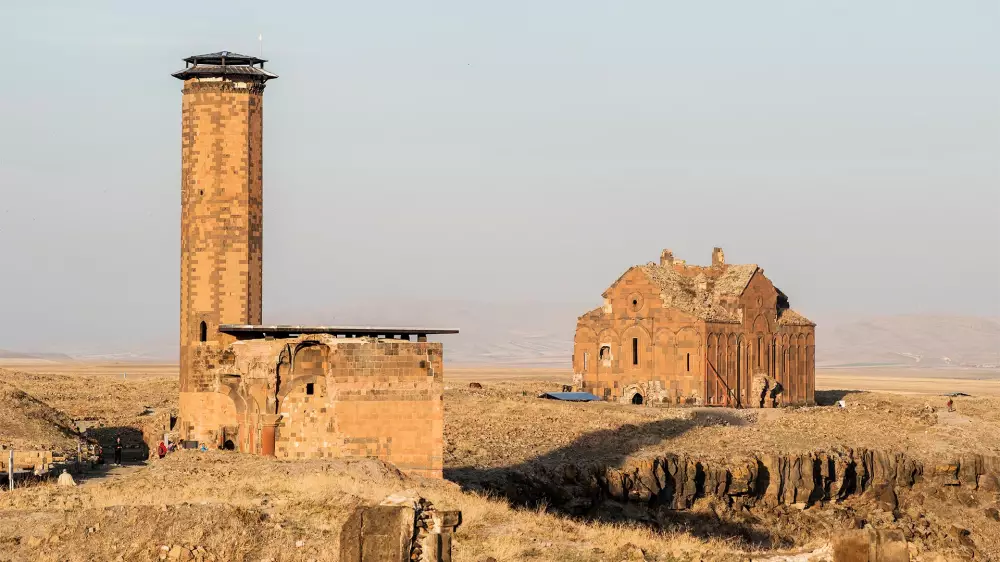
City of a Saga; Çanakkale
Let's go back long before coming to the battle that bears its name. The first settlers in Çanakkale began to live on the land of the city about 6000 years ago. So the first resident human history of this Bosporus city dates back to the Copper Age.
Archaeological excavations in recent years have shown that the first natives of this city lived in the vicinity of Kumtepe, they existed between 4800 BC and 4000 BC.
A Little Resume First
Troy, which gave its name to Homer's Iliad and Greek mythology,- Çanakkale as it is today - was founded in 3000 BC, but it was razed in 2500 BC by a major earthquake caused by the breaking of the fault line passing under the city. Although it was home to various tribes in the following centuries, the city was taken by the Lydians in 7000 BC. For another 100 years, the Lydians continued to rule. And then the Persians came. Darius and Xerxes, one of the most important emperors of the Persian Empire, saw the region as a strategic point and aimed to hold it in their hands and defend it with all their powers. In fact, according to the Greek historian Heredot, Xerxes built the first bridge in this city to cross the continent of Europe.
Anyway, sir or ma'am, let's go back to the subject without explaining too long and pass a little summary. Çanakkale, which is also the subject of the film “Sparta”, which most of us can't get enough of to watch, ascends to the stage of history with stronger steps as a city where Persian domination is getting stronger as a result of the King's Peace between Spartans and Persians in 386 BC. When he came out, Alexander The Great, King of Macedonia, said as if, " I am coming, Me !" upon the Persians. The date is 334 BC. ” Veni, vidi, vici " - I came, I saw, I defeated - He takes the city from the Persians. Then, when Alexander the Great died suddenly, the city began to be ruled by others and host completely different cultures.
According to the dusty pages of history, the Ruler of Çanakkale at that time in 133 BC, the King of Pergamon III. Attalos arranges a will before he dies. According to the will, after the king dies, the city will be left to the Romans. And it would. Under the patronage of the Roman Empire, Dardanelles was soon connected to the province of Asia. When Rome was divided in two in 395, it remained a constant in the Eastern Roman Empire.
“Well, all is well ,but where are these Turks?"we seem to be hearing what you're saying. We are coming to that issue immediately, efenim, do not grow impatient. After all, we're not talking about a 300-500-year-old city. Even the brief history of this city is an epic. Well, we haven't gotten to the epic yet, anyway.…
By the end of the 11th century, the first Turkish domination of the city begins. The city, which was taken as a result of the expedition of Çaka Bey, the world-famous naval commander, and then continued its life under the reign of Karesi Beylik, falls into the hands of the Ottoman Empire when the dates show the year 1361. And for 6 centuries it became one of the most important cities of the Ottoman Empire.
It is known that Sultan Mehmet The Conqueror had built Kilitbahir Castle for this purpose, which even contributed to the conquest of Istanbul. It is lost after World War I, but it is also the scene of a great liberation struggle.
The Saga Begins
Believe me, we're not exaggerating. Two bullets fired at each other have a billion-to-one chance of a mid air collision. Despite this, hundreds of these interlocked projectiles are among the works exhibited today. As a result of all the harsh conditions of conflict and war, Çanakkale was given the title of ‘impassable’.
The war begins under the leadership of the Great Leader Ghazi Mustafa Kemal Ataturk, the head teacher... Just think about it, for the soldiers who will come after them, without even blinking their eyes, a whole regiment walks here smiling to death in the name of martyrdom... Since that day the name of ‘57. Alay(regiment) ' is not given as the name of another regiment in Turkey again. This is how the descendants of the heroic Turkish soldiers who honor themselves with martyrdom remember.
It should also be noted that ships never use the phrase “Çanakkale passed” when passing through the Çanakkale after the war. Instead, “Dardanelles exited!" written in logbooks. The Battle of Çanakkale, which is reverently commemorated by the whole world, is thus processed into the historical scene as one of the most important events describing the importance of the love of the homeland for more than 100 years.
And the last word... May the spirit of all our soldiers who were martyred under the command of the Commander-In-Chief, The Great Leader Ghazi Mustafa Kemal Ataturk, in Çanakkale, which is the representative city of all the sacrifices that the Turkish nation has taken for the sake of independence, be blessed!



